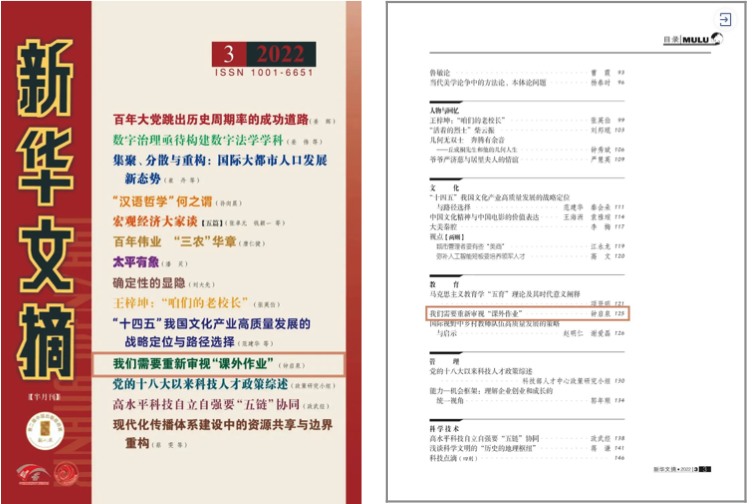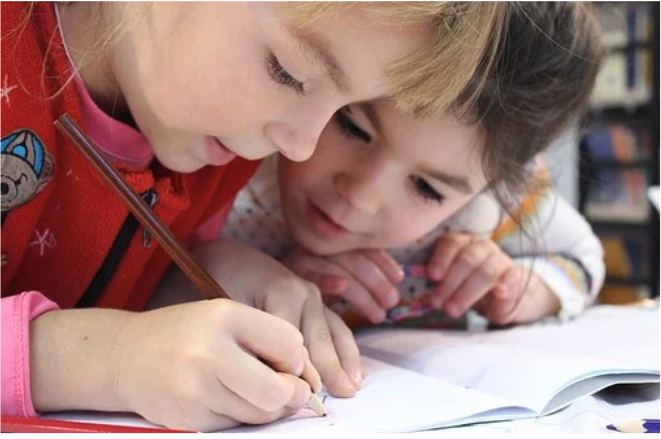ICI Academic║Xinhua Digest Reprinted Prof. Zhong Qiquan’s Article: We Need to Revisit “Homework”
2022-04-18

Prof. Zhong Qiquan
Emeritus Director of ICI

We Need to Revisit “Homework”



Recently, “homework” has received unprecedented criticism. Is it a normal, reasonable and healthy social phenomenon? I’m afraid it is not a question that can be answered with simply “yes” or “no”. Because what behind the problem of homework are many disadvantages of the teaching system and misunderstandings in education.

01. Changing the way we recognize homework

In school education, classroom teaching and extracurricular learning complement each other. Homework is a general form of extracurricular learning. It is important to cultivate children’s autonomy and self-discipline. We need to revisit the concept of homework and transform the system of homework to make it a new opportunity for every student to discover the value of learning and develop their talents.



02. Seeking strategies to realize the transformation of homework

The educational value of homework is to help students to give full play to his or her strengths as much as possible.
High-quality homework needs to embody three key points. First, focus on students’ interests. Students are unique, each has his own interests, advantages and disadvantages. Thus, high-quality homework must be based on students’ curiosity and their interests. Second, focus on students’ differences. Ignoring the differences between students and arranging homework uniformly is essentially anti-child and anti-education. Third, focus on students’ choices. Students should be given time and space to choose their own projects and participate in activities freely.



03. Optimizing the “environment” of designing and finishing homework

School education in the new era can not only be satisfied with the knowledge and skills of the subject, but also let students develop the core competencies to cope with future social changes, and attach importance to the protection of children’s learning environment.
There are three strategies. First, let parents become partners of school education. Second, optimizing the working environment of children from vulnerable groups. Third, visualizing students’ growing processes.